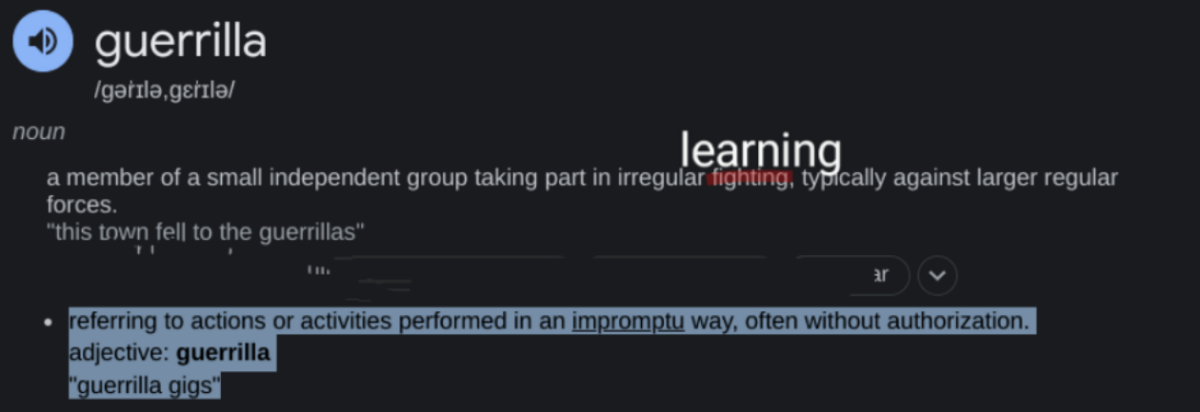It might seem strange to group these two together, but I do so for a variety of reasons. 1, the tutorials have already been done; 2, both positions have as their central foundation the validity of the principle of the intrinsic value of human life; and 3. both problems are best approached through a deontological/rights based approach as opposed to a utilitarian one.
We did not have time to truly discuss Hegel’s approach, but that is because we are early on in his thought. There are two axes to be applied: what would the public judgement be concerning such problems; and what are the foundations of these judgements. The rationality of one’s moral assertions are then twofold: in accordance with the public will and then whether the public will itself is rational.
Moral problems such as euthanasia and abortion question traditional principles such as the sanctity of life because new technology lays bare the foundations of our public reasoning about these subjects.
